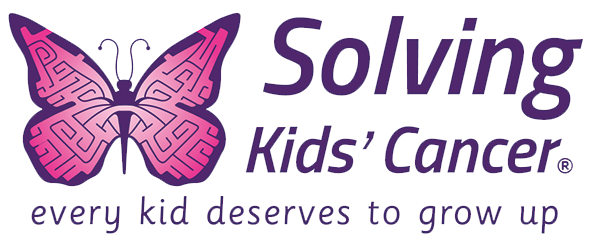Can a Child’s T-Cells be Engineered to Better Recognize and Kill Neuroblastoma Cells Safely?
Solving Kids’ Cancer supported the preclinical work that led to this current clinical trial using a CAR T-cell therapy approach with the goal of bringing these early successes in blood cancers to children with neuroblastoma and other solid tumors. This new method enhances proliferation and persistence and a safety switch.
Project Title: Activated T-Cells Transduced with a 3rd Generation GD-2 Chimeric Antigen Receptor and iCaspase9 Suicide Safety Switch for Neuroblastoma
Researcher: Chrystal Louis, MD
Institution: Baylor College of Medicine
Study Type: Phase I clinical trial
Status: Completed
Recently, a chimeric antigen receptor (CAR) based therapy using permanently modified T-cells successfully treated leukemia in several children. But for children with solid tumors such as neuroblastoma, CAR based T-cell therapy has not been as effective because the T-cells need to remain active in the body for a longer period of time to effectively kill the neuroblastoma cells. In other clinical studies using T-cells, investigators found that giving chemotherapy before the T-cell infusion can improve the amount of time the T-cells stay in the body and therefore the effect those T-cells can have. This is called lymphodepletion and these researchers think that it will allow the T-cells to expand and stay longer in the body, and potentially kill cancer cells more effectively.
This new method includes a new stimulating factor to enhance proliferation, persistence, and a cell suicide enzyme for safety.
To learn more about this trial, visit clinicaltrials.gov.
Charity Partners: Harrison Bates Foundation, Ronan Thompson Foundation, The EVAN Foundation, Adam’s Fairacre Farms, The Catherine Elizabeth Blair Memorial Foundation
